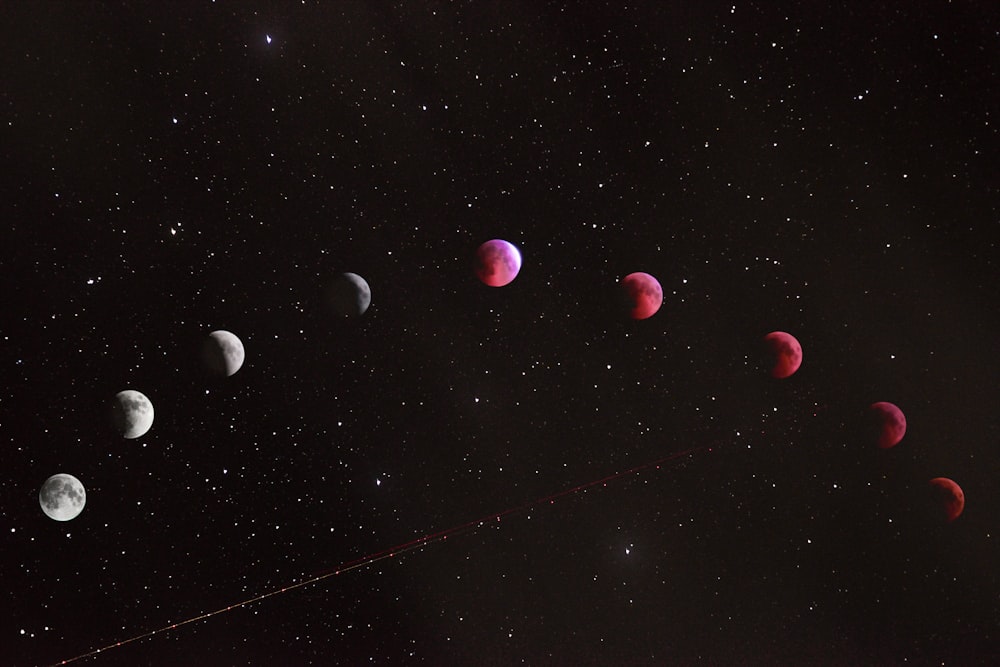The Origins and Significance of the Lunar

Introduction
The lunar calendar, a time-keeping system based on the moon's phases, predates the solar calendar used by much of the world today. Its origins can be traced back to ancient civilizations, where it played a crucial role in agriculture, religious practices, and the marking of time.
The Ancient Beginnings
Civilizations such as those in Mesopotamia, Egypt, China, and the Indus Valley relied on the lunar calendar to organize their societies. They observed the moon's regular cycles to predict seasonal changes, which were essential for farming and religious ceremonies.
Lunar vs. Solar Calendars
Unlike solar calendars, which are based on the Earth's orbit around the Sun, lunar calendars are governed by the moon's phases. This results in months that are approximately 29.5 days long, leading to a year that is shorter than the solar year by about 11 days. Cultures have developed various methods to align lunar calendars with solar years, including the addition of leap months.
The Lunar Calendar in Practice
Lunar calendars dictate the timing of significant festivals and holidays, such as the Chinese New Year and Ramadan. Despite the widespread adoption of the Gregorian calendar, the lunar calendar remains vital in many cultures for religious and ceremonial purposes.
Scientific and Astronomical Aspects
The moon’s synodic month—about 29.5 days—is the basis for the lunar calendar. Aligning this with the solar year requires complex calculations, such as the Metonic cycle, which harmonizes lunar months with the solar year over a 19-year period.
Cultural Significance
The lunar calendar carries rich symbolism, influencing mythology, art, and literature. It serves as a reminder of humanity's connection to the cosmos and the natural rhythms of life.
The Lunar Calendar's Global Legacy
While the lunar calendar's practical use has diminished in favor of the Gregorian calendar, its cultural and religious significance endures. Technology has facilitated a resurgence of interest, with digital tools making lunar calendar information readily accessible.
Conclusion
The lunar calendar is a testament to human ingenuity and our desire to understand the universe. It bridges the past and present, reminding us of our shared heritage and the timeless rhythms of the natural world.


































